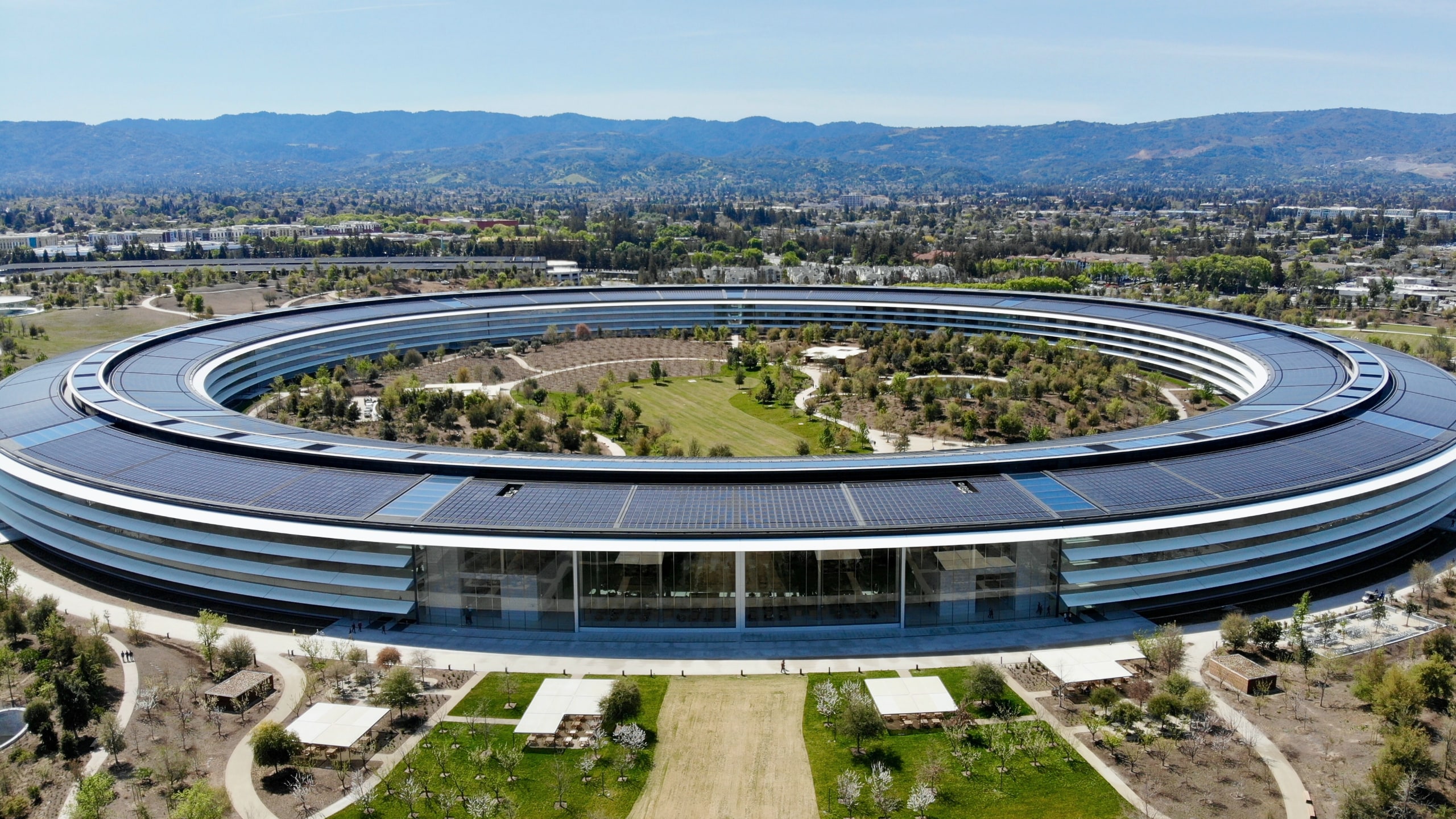Sydney Business Insights

Megatrends watch
Big tech – how big is big enough?
I wonder if a few years from now we’ll say that when it came to anticipating the future for Big Tech, we weren’t thinking big enough.
New York Times, February 2022
How big can big tech be?
That was the question on the mind of New York Times opinion writer Farhad Manjoo when contemplating the enormous profits enjoyed by Amazon, Apple, Google, Microsoft and Meta (Facebook) in 2021.
Despite the ongoing pandemic and market problems (labour shortages, microchip shortages, supply chain crisis) these five companies raked in some of their biggest ever annual revenue increases.
How much?
Apple’s revenue grew by more than $90 billion in 2021, about a third more than its revenue in 2020. Amazon’s sales in 2021 were 67 per cent larger than in 2019, the year before the pandemic; Google’s 2021 revenue was nearly 60 percent greater than in 2019.
The pandemic not only compelled more of us to use tech a whole lot more – as Manjoo notes:
The pandemic illustrated how much room there still is in our lives for adding even more tech — for our screens to become the primary portal through which a handful of companies capture a slice of everything we do.
So Apple does not just sell consumers hardware – it sells services to use on its devices. Apple has 785 million subscribers for its various services. Netflix, by comparison, has 222 million.
Amazon is a retail and cloud service behemoth: it also made $31 billion from its advertising business. While this is less than 10% of Amazon’s total revenue, for its digital competitors such as Pinterest ($2.6B) and Snap ($4B), ads are their main business.
Big Bigger Biggest end of town
Governments and regulators around the world, concerned about the immense power of the ‘frightful five‘ to control consumers’ access to digital goods and services, have taken some steps to curtail their market dominance. However the legislative will to tackle big tech’s control is not strong and united.
Huge revenues mean enormous pockets to bankroll other new businesses – and enough heft to steamroll over any semblance of competition. Alphabet, Amazon, Apple, Facebook and Microsoft have a combined market capitalisation of more than $9 trillion.
Viva the Fourth Industrial Revolution‽
The impactful technology megatrend captures the convergence of computing power with the exponential growth in data as ushering in the Fourth Industrial Revolution.
The revolution has bought about extraordinary changes in the lives of consumers and businesses large and small. Artificial intelligence has enabled computers to diagnose diseases and deliver goods to our door within hours of placing the order.
We are all, whether we want to or not, pulled along by the power and possibilities of this powerful technology that is still in its early stage. We are also obliged, like Manjoo, to question where it will take us – and at what cost?
Megatrends watch: impactful technology
Subverting
Stable
Accelerating
This update is part of our Megatrends Watch series, which tracks developments that inform our six global megatrends….
Image: Carles Rabada
Sydney Business Insights is a University of Sydney Business School initiative aiming to provide the business community and public, including our students, alumni and partners with a deeper understanding of major issues and trends around the future of business.
Share
We believe in open and honest access to knowledge. We use a Creative Commons Attribution NoDerivatives licence for our articles and podcasts, so you can republish them for free, online or in print.









